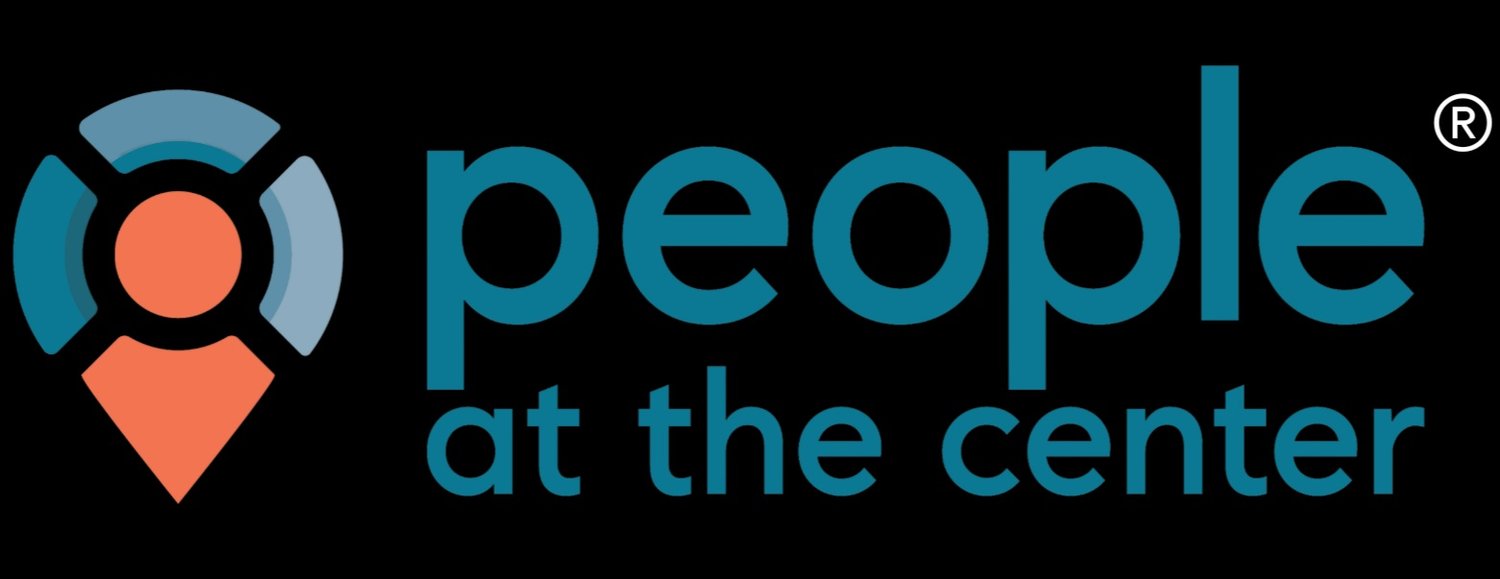7 Subtle Signs of a Suffering Team Culture
(Spot Them Before It’s Too Late)
Team spirit gone dim?
You pour your heart into building a thriving, vibrant team. You facilitate regular meetings, offer attractive benefits, and organize those trust-building retreats. Yet, something feels off. The energy is low, the spark faded. Is it just a Monday slump, or is your team suffering in silence, sending out cryptic signals you haven't quite caught?
A suffering team culture rarely announces itself with a neon sign. It's a gradual erosion, a quiet unraveling that can silently sap morale, productivity, and ultimately, your company's success. Ignoring it is like overlooking a slow crack in the foundation – the damage only worsens over time. But don’t despair! Like a skilled detective, you can hone your observational skills to see beyond the surface. Here are 7 subtle signs that hint at a suffering team culture, waiting to be addressed:
1. Muted Creativity and Initiative
Remember when Sarah's bold marketing proposal sparked lively debate? Or when Raul's unconventional engineering solution ignited collaboration? When creative expressions turn into nervous silences, it's a sign the fear of judgment may have clipped your team's wings. Could this be a lack of psychological safety, or a team culture that values conformity over the spark of genius? Harvard Business School studies show that teams with high psychological safety report higher creativity and innovation.
2. The Rise of the "Quiet Quitters"
Empty desks and forced smiles. Frequent "off sick" days that mysteriously coincide with deadlines. A rise in absenteeism (frequent absences from work) or Quiet Quitting (being physically present but checked out and doing the bare minimum) can be a subtle indicator of a problematic team culture. Is stress suffocating your team? Are they disengaged, burnt out, or simply checking out emotionally?
3. Changes in Communication Patterns
Gone are the days of energetic coffee-break debates and post-meeting brainstorming buzz. Now, meetings feel like formal presentations punctuated by monotone updates. This sudden hush could be a sign of broken trust, fear of conflict, or a communication breakdown in urgent need of repair.
4. Cliques and Social Fragmentation
Notice the lunch groups with seemingly impenetrable walls? Or the side glances exchanged across the conference table? When groups form based on shared experiences or affinities, it can be a natural way to connect. However, when these groups become exclusive and lead to gossip or negativity towards others, it can breed a toxic "us vs. them" mentality that undermines collaboration and trust. Research suggests that gossip can have a significant impact on team morale, productivity, and overall well-being. If you notice this happening within your team, it's time to address it head-on and encourage open communication and inclusivity.
5. Subtle Decline in Work Quality
Remember when meticulous attention to detail was your team's trademark? Now, typos creep into presentations, deadlines are missed by inches, and the once-impeccable polish seems...lacking. This subtle decline could be a whisper of disengagement, a symptom of a team that's lost its motivation or mojo.
6. Over-Reliance on Formal Processes
What used to be a quick decision now requires a five-page flowchart and a committee meeting. This sudden obsession with formal procedures and protocol for simple tasks could be a sign of lack of trust and openness in the team. Remember, excessive bureaucracy can stifle innovation and indicate a team feeling the need to cover their tracks.
7. Feedback Avoidance
Remember when giving and receiving feedback was a welcome push, helping everyone grow? Now, it feels like walking on eggshells, and silence fills the room. This reluctance to engage with feedback could suggest a team culture that’s afraid to confront uncomfortable truths and prefers comfort over pushing boundaries—a dynamic that can hinder potential progress. Time to listen for the unspoken hesitations and muffled critiques.
Recognizing these subtle indicators requires a deeper understanding of how your team ticks. It means becoming a translator between the lines and engaging in genuine dialogue with your team.
At People at the Center, we pride ourselves on helping leaders catch trouble early. By empowering leaders to become seasoned detectives of subtle cultural indicators, we equip you to hear the faintest whispers of disengagement or underperformance and intervene before they become shouts.
It’s important to listen with empathy, investigate with curiosity, and address the root causes with courage. Employing connected communication is a great tool to achieve this objective.
And let's not forget the backbone of it all: TRUST. That's why we’ve built the Team Trust Toolkit, a comprehensive suite of tools which includes the Team Trust Index Assessment, Team Health Check Program, and Team Trust Design Thinking Exercise. Imagine--actionable insights, tailored solutions, and an environment where trust reigns and every voice resonates.
Team Trust Toolkit from People at the Center
It’s time to move beyond the whispers and create a culture where everyone thrives. Don't wait until the silence becomes deafening. Take the first step towards a more engaged, productive, and successful team. Download the Trust Toolkit now, and reach out if we can help.

